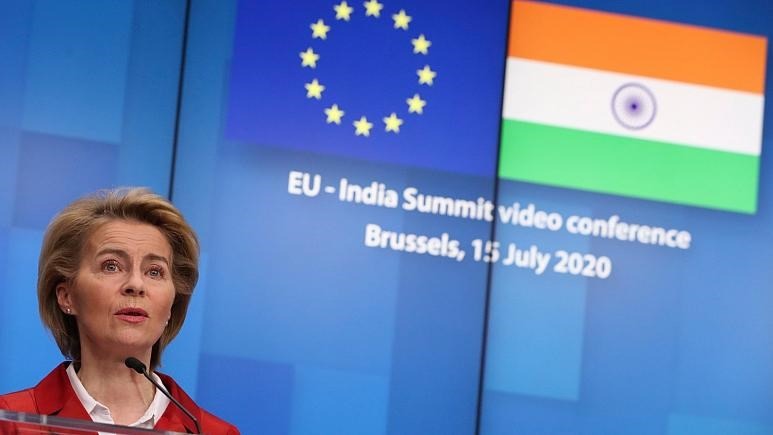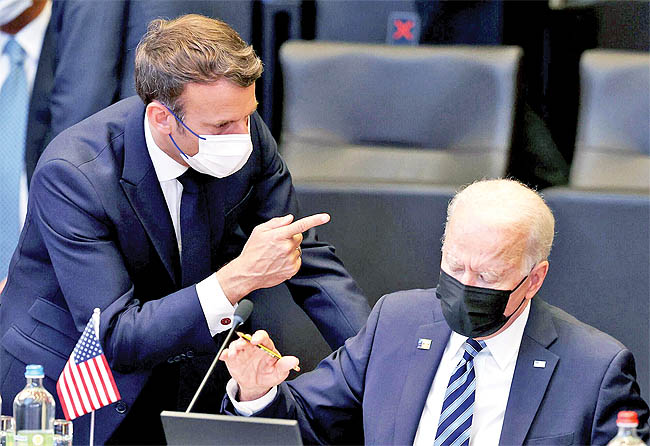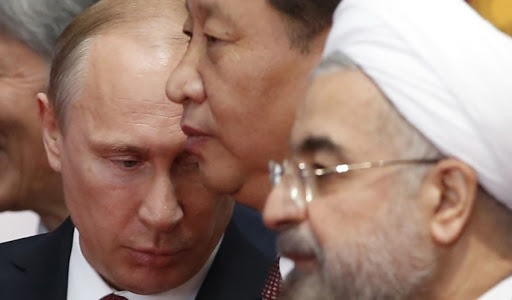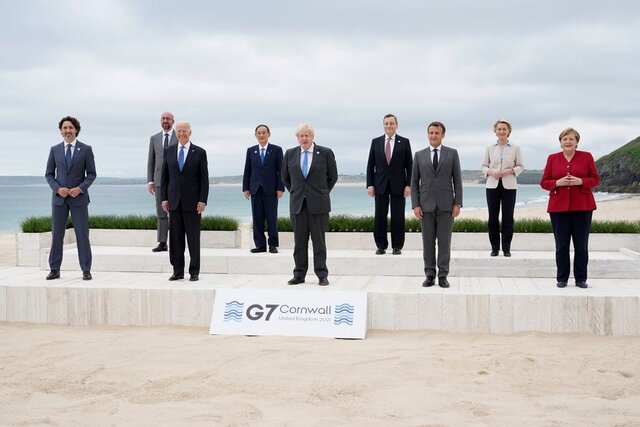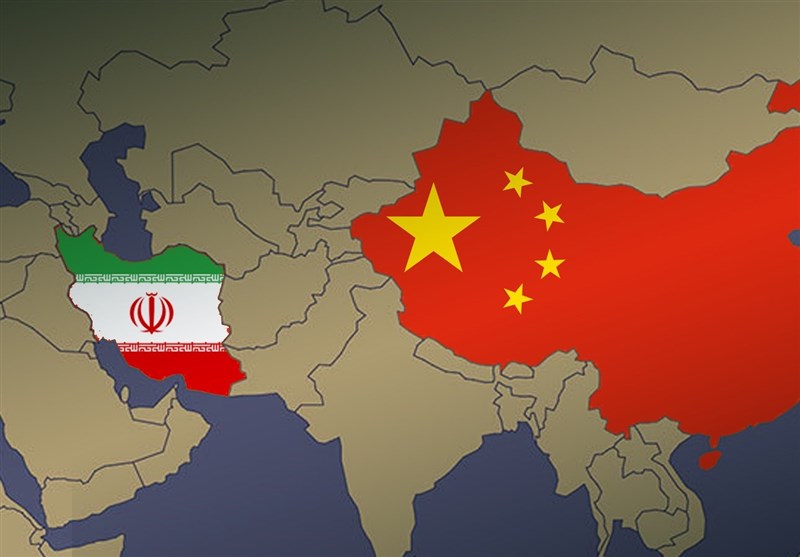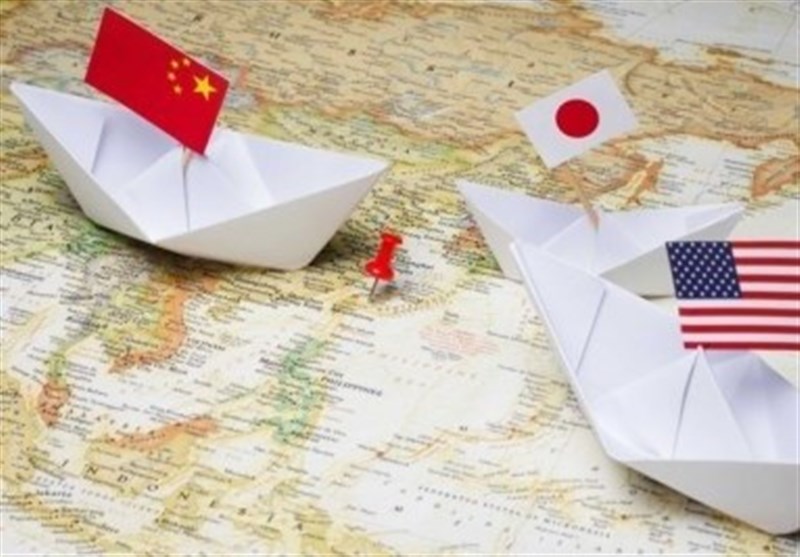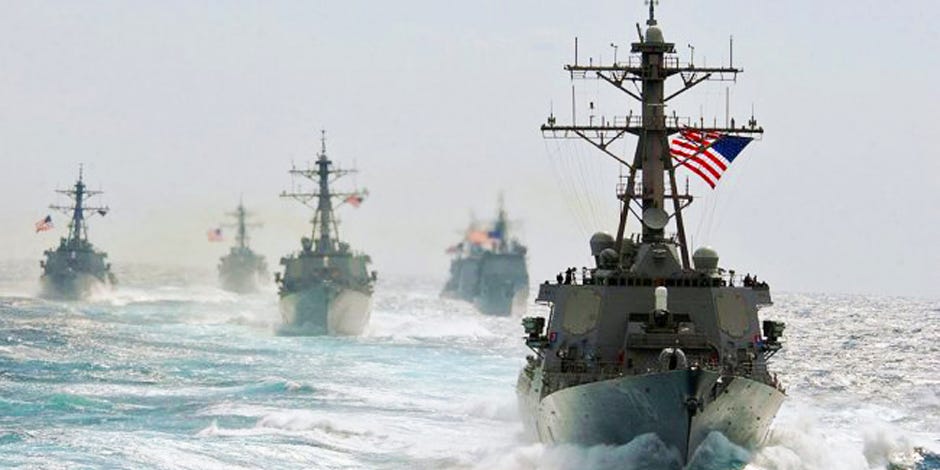Goals of Blinken’s Recent Trip to Saudi Arabia
Strategic Council Online—Interview: A researcher of Saudi affairs said that US Secretary of State Anthony Blinken arrived in Riyadh recently during a regional trip and had consultations with the Riyadh officials. It seems that one of the items on the agenda between Saudi Arabia and America, in addition to the Gaza war, is the process of normalizing relations between the Israeli regime and the Arab kingdom.









